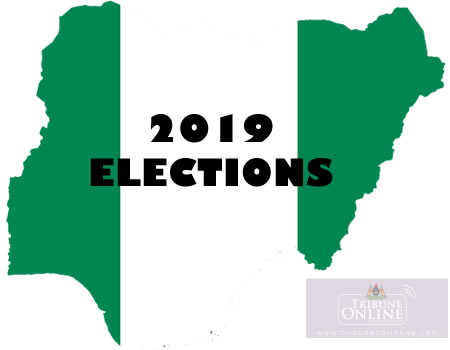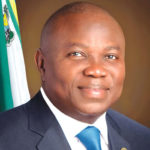The Peoples Democratic Party (PDP) has fixed the expression of interest and nomination form fees for presidential aspirants at N12 million. APC’s form is more expensive than that of the PDP by a wide margin. But even the PDP fees as they are still constitute enough disincentives for the average middle class citizen’s income. The high nomination fees will not only foreclose participation to a large number of party members who cannot afford them, they will put those who have purchased the forms in a desperate situation. This is the case because losing the primaries means losing the huge sum invested in purchasing the forms. To avoid such an outcome, candidates would spend more money and employ unholy means to ensure victory in a contest that is essentially a zero sum game.
There has understandably been an outcry about the very high rates both among politicians and non-politicians, including the president. For instance, a former National Commissioner of the Independent National Electoral Commission (INEC) in charge of Oyo, Ogun and Ekiti states, Professor Lai Olurode, lamented that the majority of young aspirants could not afford the nomination fees of the All Progressives Congress (APC). Similarly, Mr Kayode Adekunle, the APC Youth Leader in Ijumu Local Government Area of Kogi State, has appealed to the party’s national leadership to reduce the nomination form fees being charged aspirants. He argued that if the cost of nomination forms were reduced, more youths would be able to contest and be part of the electioneering process. The non-monetary contributions of the youth to political parties must be taken into consideration in revising downwards the cost of nomination forms to pave way for young aspirants to elective positions in government. The leadership of the Buhari Youth Organisation (BYO), Lagos State chapter, described the high nomination fees as a “disenfranchisement weapon” for genuine aspirants, especially youths.
ALSO READ: Osun 2018: We’ll provide effective, responsive security ― CP
Furthermore, those who have no resources to buy the forms have had to depend on amorphous groups for help. A case in point is the Nigeria Consolidation Ambassadors Network (NCAN) which claimed to have purchased nomination forms for President Buhari. The president had earlier complained about the high fees. It is debatable if those who purchase forms by proxy do not run contrary to the provisions of the law. As with godfathers, those who invest in the purchase of forms would expect returns on their investment with adverse consequences for public accountability.
There is no doubt that the nomination fees go contrary to the spirit of the 1999 Constitution and the Electoral Act regarding the role of money in politics. The constitution provides strict regulations for the funding of political parties while the Electoral Act places a ceiling on campaign financing. The essence of these provisions is to control the use of money in politics. Historically, Nigeria had made serious efforts to enhance participation in the organisational life of political parties by striving to prevent them from being owned or hijacked by moneybags. Under the Ibrahim Babangida regime, the government set up and financed two political parties, where members would be co-founders and co-joiners. This was done to wean political parties from godfathers and moneybags. The effort failed. The government admitted that the influence of money in politics, especially in deciding party primaries, did not wane.
In the recent governorship election in Ekiti State, vote buying loomed large. As a result, the legitimacy of the outcome of that election has been questioned. The impression that the parties give with the exorbitant fees is that they prefer moneybags as candidates for elective positions. A probable reason for this preference is that they need the money to prosecute elections. With moneymen as candidates, more vote buying and a deepening of the use of money during elections are likely to occur. We call on politicians, party leaders and candidates to revisit the question of money in politics, especially the excessive monetisation of elections. It is not good for free, fair and credible elections. It stultifies the institutionalisation of political parties and prevents them from presenting their most qualified candidates. A positive step in reducing the influence of money in politics is to expand the space of participation by reducing nomination fees.






